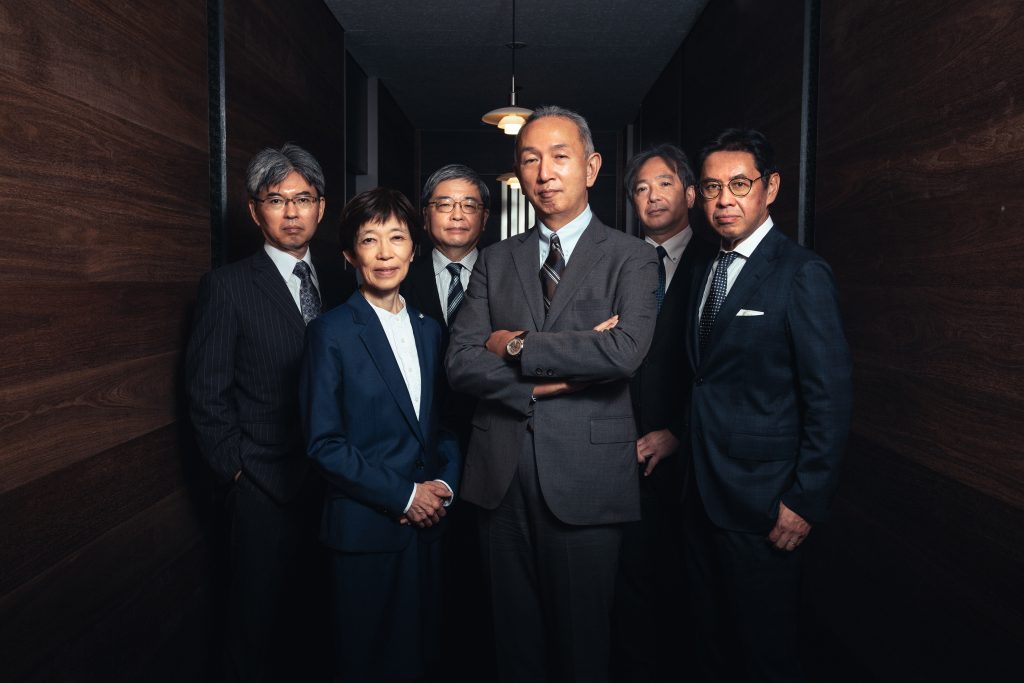Utilizing Student Dormitories as Places for Personal Development: Fostering Learning, Interaction, Growth, and Cultivating Altruistic Leadership within Communal Living
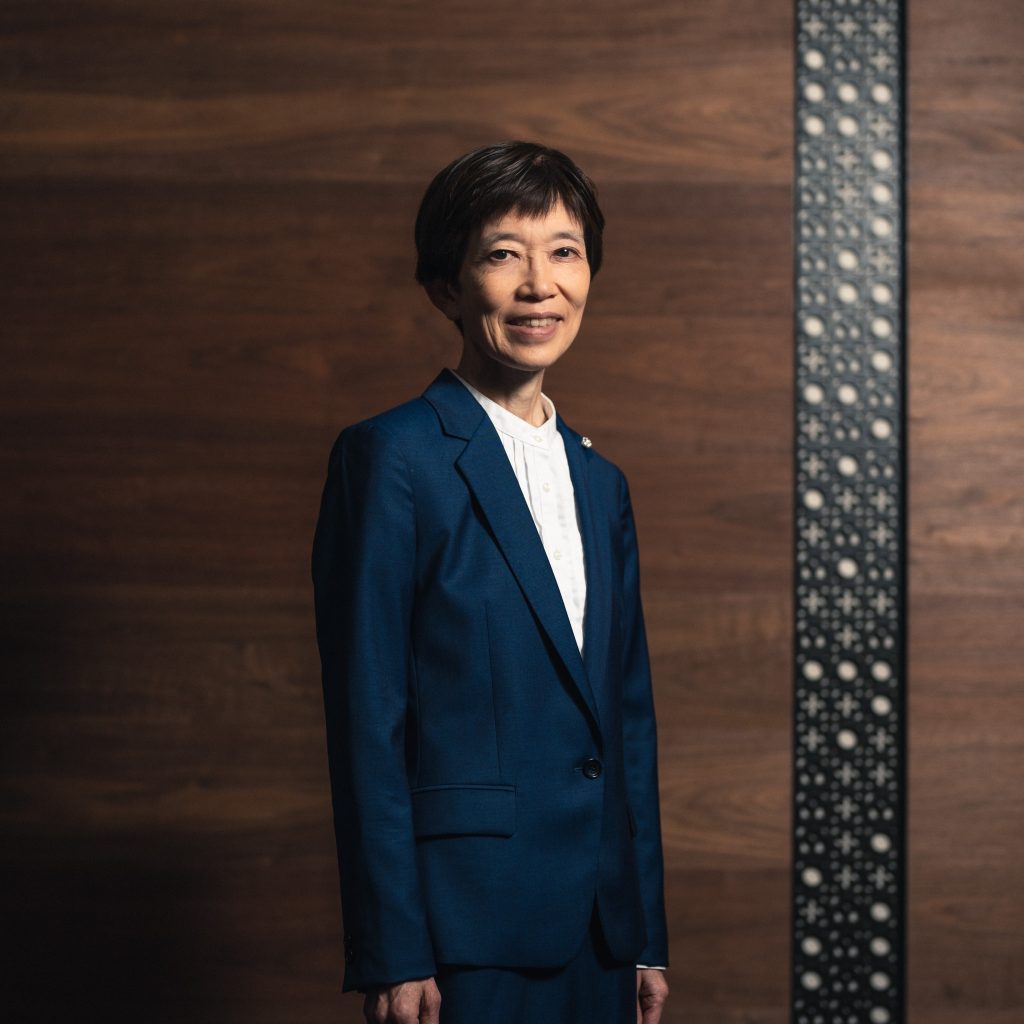
A student dormitory is not only a living space but also a place for students to grow. Sophia University considers its dormitories to be “educational dormitories” and has developed programs and systems to promote learning and personal development. The Vice President for Student and General Affairs speaks on the University’s dormitories, which function as an environment for diverse learning opportunities.
Directly-Managed Dormitories where Japanese and International Students Can Live Together
Currently, Sophia University operates three directly managed dormitories: Edagawa Men’s Dormitory, Soshigaya International House, and Arrupe International Residence. Although all three dormitories are international residences where Japanese and international students live together, each possesses its own unique character and features.
The Edagawa Dormitory, which was opened in 2005, is a male dormitory. It features a typical one-room layout, allowing students to maintain their individual style in both study and daily life. However, there are also community rooms and other shared spaces that facilitate interaction among the residents. Currently, about 50 students from eight different countries reside in this dormitory.
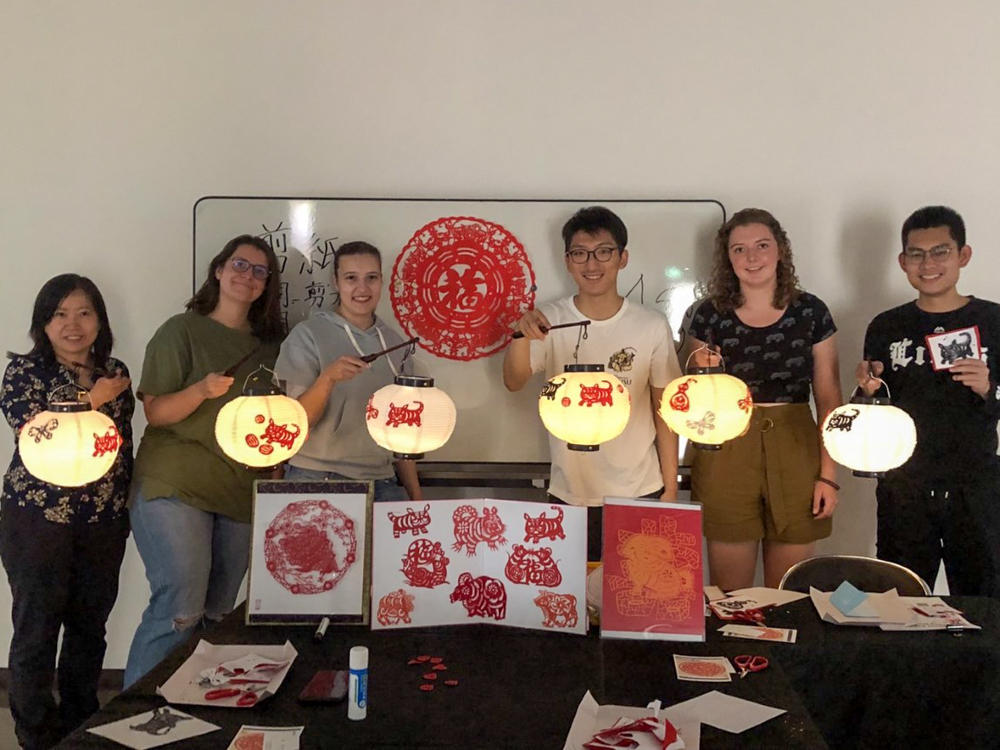
The Soshigaya International House (opened in 2012) is the largest dormitory, accommodating nearly 300 students from first-year undergraduates to graduate students. Around 60% of the residents are international students from 45 different countries and regions, and daily communication is predominantly in English. The dormitory offers rooms where families or couples can reside, allowing researchers who have come to Japan with their families to live together. The surrounding area is a residential neighborhood surrounded by greenery and the dormitory actively interacts with local residents.
Newly built in 2019, the Arrupe International Residence is a co-ed dormitory with 180 rooms. This residence is a share-house style where seven students from various countries, faculties, and academic years form a single unit, sharing a dining room, toilets, showers, and washbasins. Each floor also has a large “common living” room where residents can gather and socialize.
All the dormitories have both international and Japanese students from various regions living together, experiencing diverse languages, religions, cultures, and values on a daily basis through communal living. We believe that these opportunities are extremely important and valuable to a student’s personal growth.
A Tradition of Fostering Personal Growth through “Educational Dormitories”
In addition to being co-ed, another significant characteristic of our University’s dormitories is that they are considered “educational dormitories.” The University’s principle explicitly state, “in accordance with our educational philosophy, affiliated student dormitories are established to educate students through communal living.”
Christian universities overseas also have student dormitories that play a large role in student development and education. Our University once had such a tradition where priests and students lived together in dormitories on campus. Although those specific dormitories no longer exist, the essence of that tradition lives on in Sophia University dormitories’ “Living Group System.”
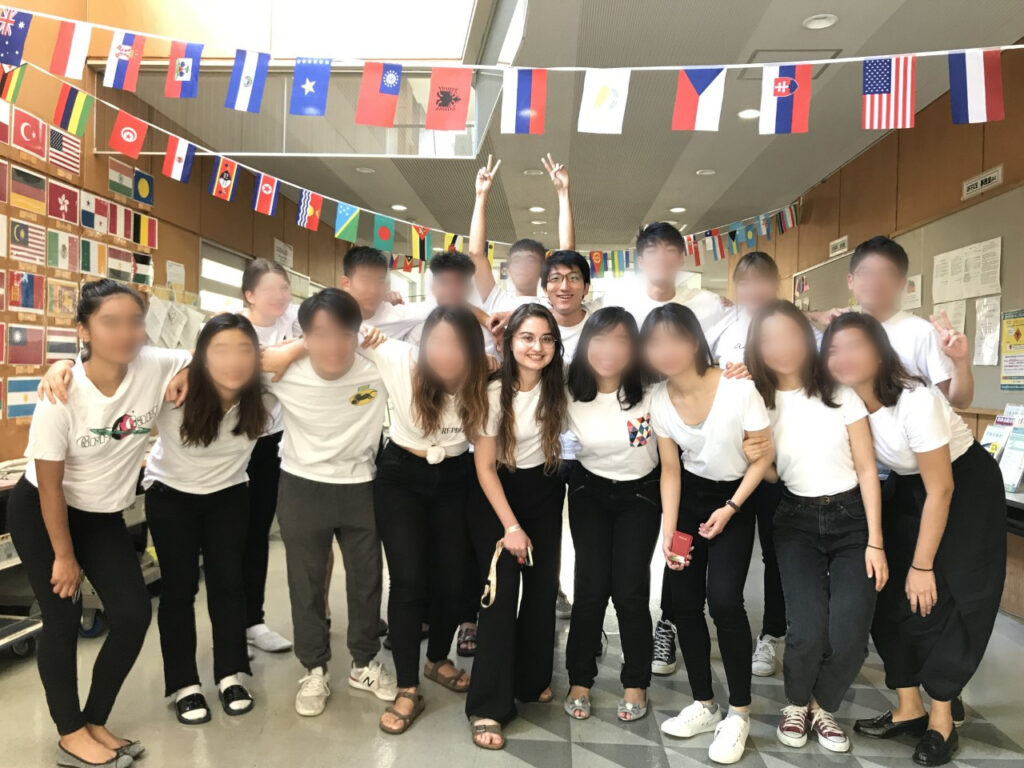
The “Living Group System” has been implemented at the Soshigaya International House and Arrupe International Residence. At the Soshigaya International House, 15 students form one group, while in the Arrupe International Residence, each group consists of 7 students, creating a fundamental community for daily living. The aim of this system is to provide opportunities for students, including international students, to live together with a diverse set of peers, enabling them to gain insights, experience differences in lifestyle, and sometimes to encounter friction, all contributing to their personal growth.
Each group has appointed leaders. These leaders take charge of various study sessions within the dormitory, plan social events like welcome parties and Christmas parties, and provide support to new residents. Group leaders play a crucial role in contributing to the atmosphere and culture of each dormitory, creating a sense of community and camaraderie among the residents.
Altruistic Leadership Development: An Educational Program for Student Residents
Since 2019, the dormitories have implemented a unique educational program called the “Altruistic Leadership Development Program” in alignment with the University’s educational principles and the dormitory’s mission of “For Others, With Others.” Through this initiative, dormitory residents engage in both foundational courses and practical Project-Based Learning (PBL) to develop their problem-solving skills. The program aims to emphasize the importance of selfless leadership and contributing positively to the community. By participating in the program, dormitory residents enhance their ability to address challenges and issues with a focus on benefiting others and collaborating effectively with their peers.
The content of the program is renewed yearly. One year, foundational courses covered topics such as team-building methods and project management. Dormitory residents also have the opportunity to contemplate themes that they wish to learn about and, in collaboration with university staff, plan lecture sessions. In the past, lectures on climate change and “Black Lives Matter” were proposed and brought to life by dormitory residents.
In 2022 the Project-Based Learning (PBL) program included learning about forest conservation by conducting fieldwork in forests near Tokyo. Starting from the 2023 academic year, study tours of the Sophia University dormitories is conducted with the goal of giving students access to sites where SDGs (Sustainable Development Goals) and social issues are being addressed in real life. Preparations are also underway for programs such as beach cleaning activities in Shonan, where students can address environmental issues, and enjoy the universal sport (sports that anyone present can enjoy together, regardless of age, gender, disabilities, or individual sporting abilities) of Boccia. These tours aim to provide students with firsthand experiences and insights into the challenges and efforts being made to tackle societal issues.
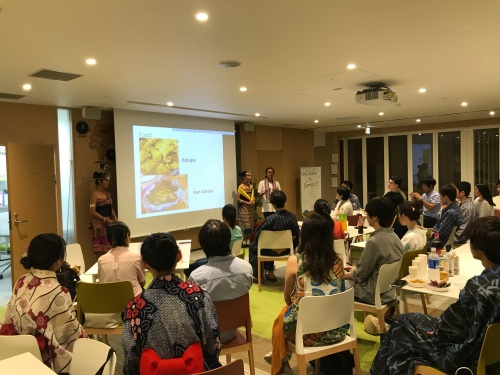
Sophia University implements such programs with the belief that “our alumni should confront societal issues, demonstrate leadership, and seek solutions.” In today’s complex society, solving these challenges requires collaboration with a diverse set of individuals. In the dormitory, where people from various backgrounds come together, we hope that students gain experiences working with their peers, harnessing their individual strengths, and achieving goals as a team. The expectation is for them to learn and grow in an environment where they can contribute to society and address challenges collectively, rather than trying to tackle them alone.
Creating a New Tradition of “Educational Dormitories” together with Student Residents
It seems that the dormitory residents are enjoying these communal living and associated programs. Some of them have expressed that the greatest appeal of dormitory life lies in the ability to collaborate with others rather than trying to accomplish everything alone. Others mention that while there are rules in place, they can discuss with dormitory administration to adapt the rules where necessary, allowing residents to actively shape the atmosphere of the dormitory.
As a university, we not only aim to enhance the support, safety, and well-being of the dormitory residents but also strive to preserve the unique tradition of our “educational dormitories” that are distinctive to our University, in collaboration with the dormitory residents.
